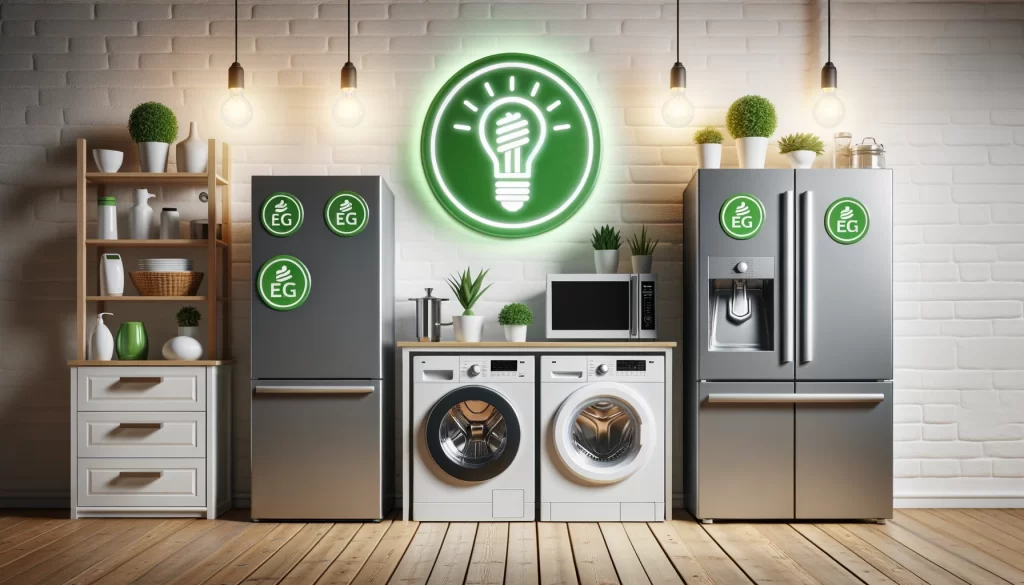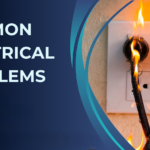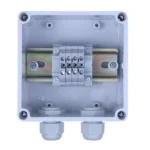Electrical appliances can contribute to sustainability in several ways, depending on their design, usage, and energy efficiency. Here’s how they can make a positive impact:
1. Energy Efficiency
- Modern electrical appliances are designed to use energy more efficiently, reducing overall power consumption. For example, energy-efficient refrigerators, washing machines, and air conditioners consume significantly less electricity than older models.
2. Reduced Carbon Footprint
- Appliances that use renewable energy sources, such as solar-powered water heaters or induction cooktops, help lower carbon emissions compared to their fossil fuel-based counterparts.
3. Smart Technology
- Smart appliances connected to the Internet of Things (IoT) optimize energy usage by operating during off-peak hours or adjusting power consumption based on user needs.
4. Waste Reduction
- Durable and repairable appliances reduce the need for frequent replacements, thereby minimizing electronic waste. Modular designs also allow for easy upgrades or part replacements.
5. Support for Renewable Energy
- Appliances compatible with renewable energy systems, like solar inverters or energy storage devices, enable households to transition to cleaner energy sources.
6. Water Conservation
- Appliances such as energy-efficient washing machines and dishwashers often include features that conserve water, further reducing environmental impact.
7. Improved Air Quality
- Air purifiers and advanced HVAC systems help maintain indoor air quality, reducing the need for environmentally harmful practices like burning fuels for heating.
8. Eco-Friendly Manufacturing
- Appliances manufactured using recycled materials or with minimal environmental impact contribute to overall sustainability.
9. Behavioral Change
- Energy-efficient appliances often come with monitoring systems that encourage users to adopt more sustainable habits, such as turning off unused devices or reducing unnecessary cycles.
10. Compliance with Standards
- Many appliances are now designed to meet strict energy efficiency and environmental standards (e.g., Energy Star certification), ensuring they are less taxing on the environment throughout their lifecycle.
When chosen thoughtfully and used responsibly, electrical appliances can play a significant role in promoting sustainable living.














